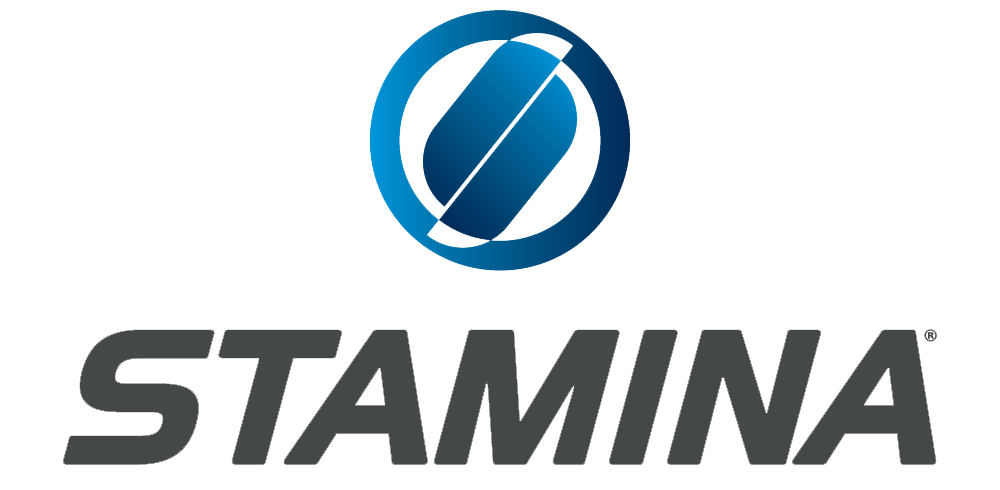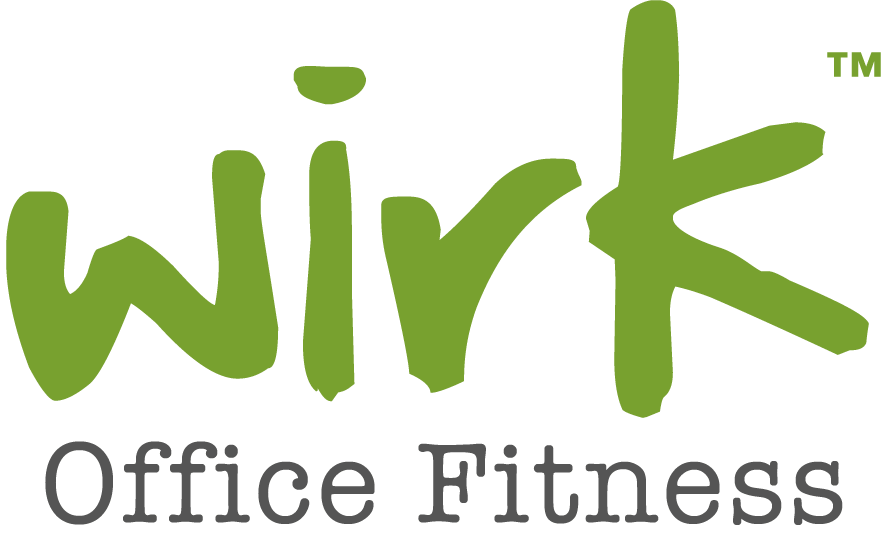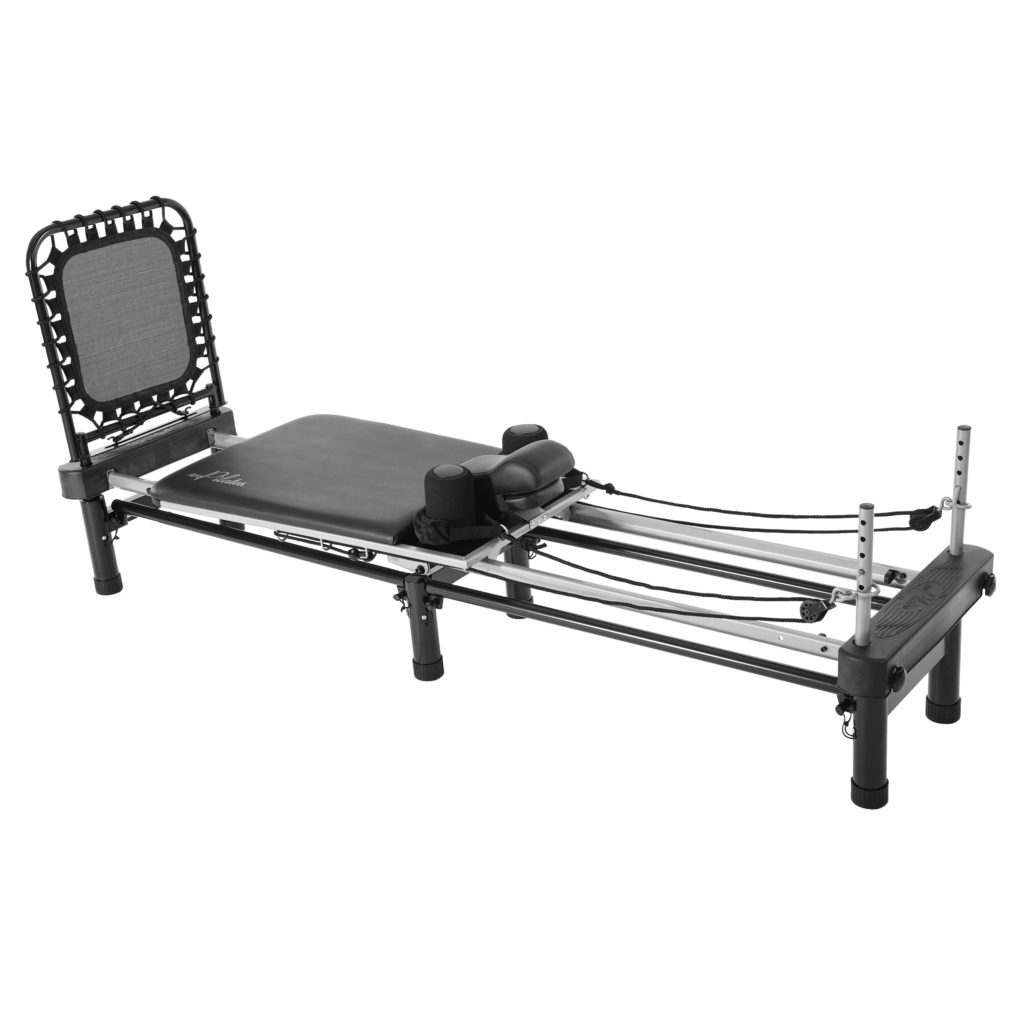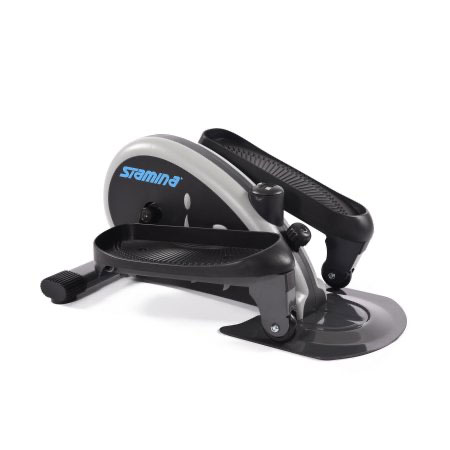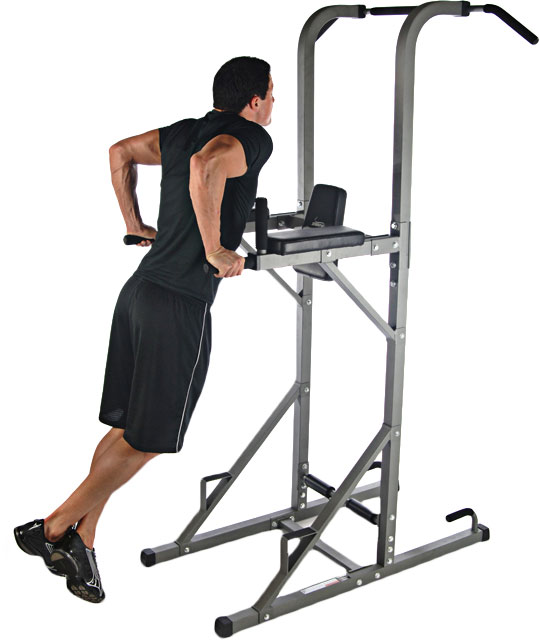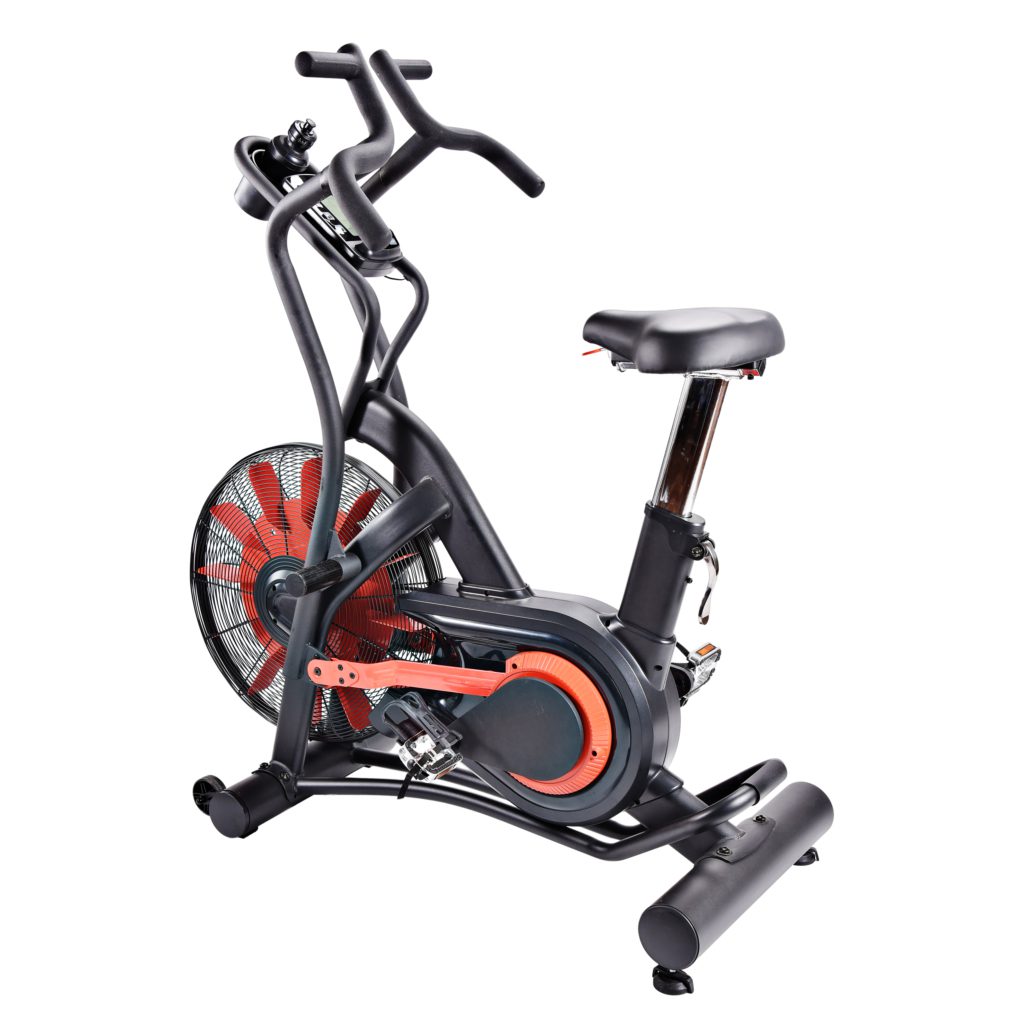Protein: What, Why and How in Your Diet
Are you vegan, vegetarian, carnivorous, omnivorous, or somewhere in between? The main theme across the board when it comes to achieving your individual health rests on one fundamental truth:
Optimal health starts with making sure that every cell of your body has the essential building blocks it needs.
A quick nutrition lesson will reveal that the four major macronutrients are protein, carbohydrates, fats, and water. These four are essential (meaning, we must take them in daily via our diet) and make up every one of our cells’ structure. Protein breaks down into amino acids that are crucial to our cell’s growth and cell turnover.
Quality over Quantity
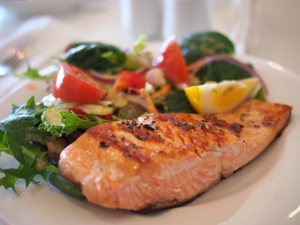 Statistically, we’ve been told we’re exceeding our daily consumption of protein in most countries. We really should look to improve the quality we are ingesting instead of the quantity.
Statistically, we’ve been told we’re exceeding our daily consumption of protein in most countries. We really should look to improve the quality we are ingesting instead of the quantity.
A good recommendation by the Nutrition Therapy Association says 15-30% of your calories should come from healthy sources of protein.
What are some healthy ways to make sure you are consuming adequate protein throughout your day?
Animal sources such as:
- Pastured chicken
- Grass-fed beef
- Wild game
- Wild caught seafood
Vegetarians might include foods like:
- Full fat dairy, such as cottage cheese and Greek yogurt
- Raw cheeses
- Eggs from pastured chickens
Vegans can also get adequate protein but must be pro-active about food combining:
- Combining rice with beans
- Nuts and seeds
- Soaked and sprouted grains along with legumes
- Nutritional yeast topped onto vegetables (provides ample B12 which many vegans are lacking.)
- Vegan powders such as hemp
For any style of noshing, there are many vegetables which also contain small amounts of protein, such as a cup of broccoli (4-5 grams).
How to Get Enough
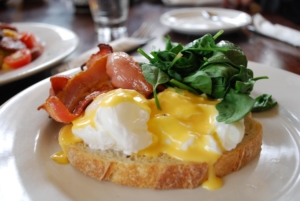 A sample day for adequate protein intake, might look something like this:
A sample day for adequate protein intake, might look something like this:
Breakfast:
- 2 eggs scrambled in a tbsp. of butter with 2 handfuls of spinach
- 1 pc of nitrate-free bacon
- 1/2 cup of organic strawberries
or
- For vegan sources, a hemp protein shake with full fat coconut milk, and a handful strawberries)
Lunch:
- 3 cups of dark leafy greens topped with meat or seafood of choice (or nuts and seeds for vegans)
- additional veggies thrown on and olive oil and lemon juice for dressing.
Snack:
- Grass-fed nitrate-free beef sticks (vegan option: 8-10 macadamia nuts)
- Handful of sugar snap peas
Dinner:
- Palm-sized portion of meat of choice
- Palm-sized baked sweet potato with butter
- Roasted broccoli with shaved parmesan cheese
Vegans:
- Rice and Beans
- Roasted broccoli topped with Nutritional Yeast
Why Focus on Protein?
How Does Eating Quality Protein Benefit our Bodies?
 Essential amino acids are only found in unprocessed, whole-food based sources such as the ones mentioned above. They supply the brain with key neurotransmitters that create a sense of pleasure and calm within the brain, keeping us free from anxiety and mood swings. A diet consisting of the proteins in processed, refined, fast-food and pre-packaged foods are sometimes not absorbed by the body and can lead to damaged cell turnover, and inflammation. Without adequate protein, our metabolisms simply will not function and weight gain, energy slumps, muscle-wasting, low moods, depression and even suicide can result.
Essential amino acids are only found in unprocessed, whole-food based sources such as the ones mentioned above. They supply the brain with key neurotransmitters that create a sense of pleasure and calm within the brain, keeping us free from anxiety and mood swings. A diet consisting of the proteins in processed, refined, fast-food and pre-packaged foods are sometimes not absorbed by the body and can lead to damaged cell turnover, and inflammation. Without adequate protein, our metabolisms simply will not function and weight gain, energy slumps, muscle-wasting, low moods, depression and even suicide can result.
Here are some other benefits of keeping proper protein in its place in your meal planning:
- Appetite Control – Keeps hunger and cravings at bay
- Better Bone Density – Amino acids help with building and turnover new healthy bone cells.
- Improved sleep – Helps build serotonin, a neurotransmitter which is the precursor to our sleep hormone melatonin!
- Improves blood sugar tolerance
- Increased development of lean muscle tissue
- Reduced late-night snacking
Finally, how much should you be consuming?
A good rule of thumb: aim for half your weight in grams of high-quality, unprocessed sources of protein each day. Each meal might consist of 20-30 grams, whilst snacks might have 10-15 grams. Eating in such a way maximizes absorption each time you eat, without overloading your stomach and causing that “brick-in-my-stomach” feeling. Your protein needs will be met by the day’s end.
Bottom line: Eating protein is essential to you and your countless cells. If you desire optimal health and feeling great for the long-haul of life, then power up your potential and performance with protein!
Written by: Jodelle Fitzwater, Certified Nutrition Coach and Master Trainer for the Juvo Board

